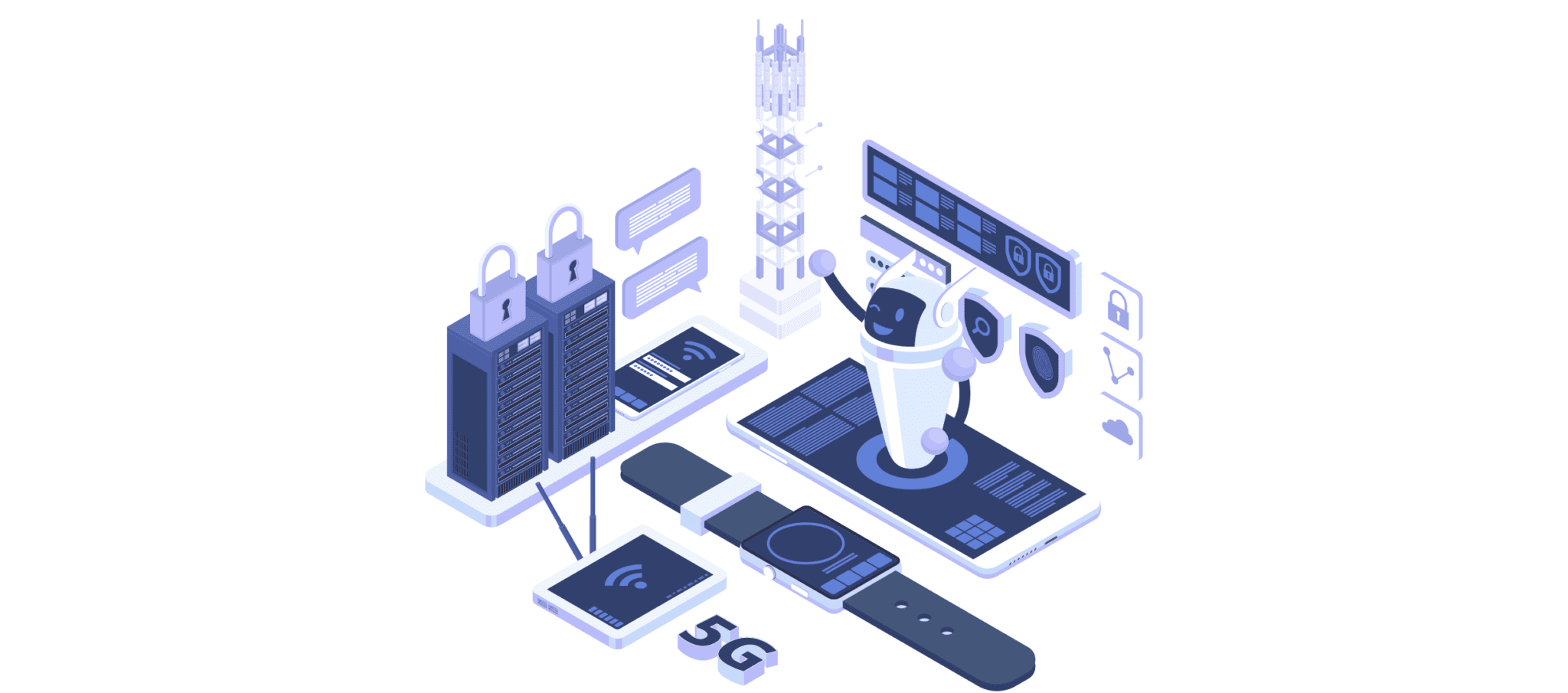About the Author
Nic Hughart
Nic is the VP of Sales at BuildFire. He's a proven sales leader with 20+ years of experience in SMB, MM & ENT level sales markets, with more than a decade in the SaaS segment. Nic specializes in leadership, hiring, training, developing, and optimizing growing sales teams.



